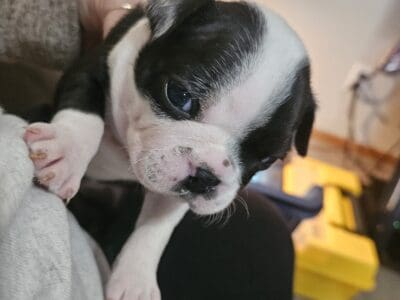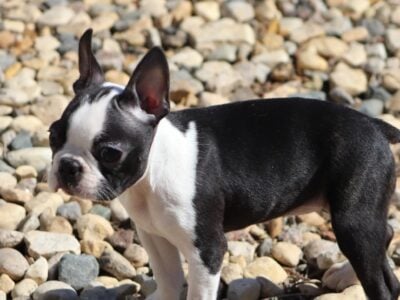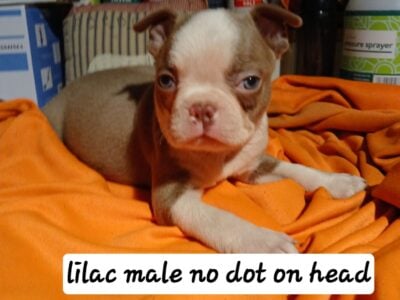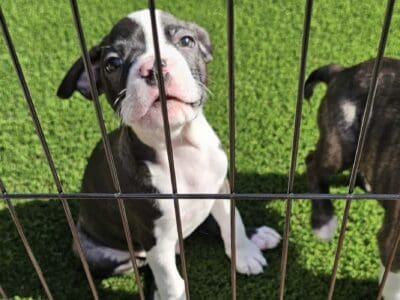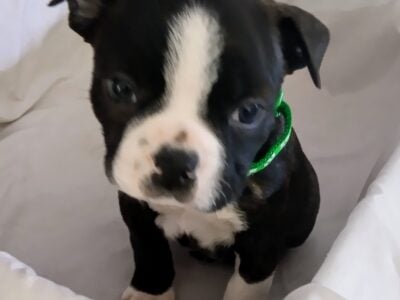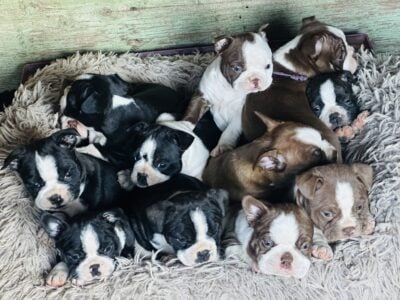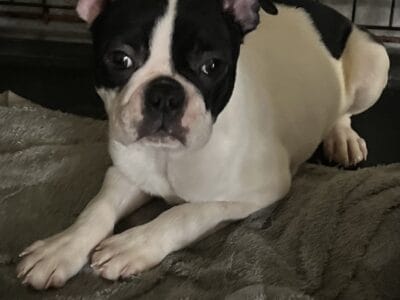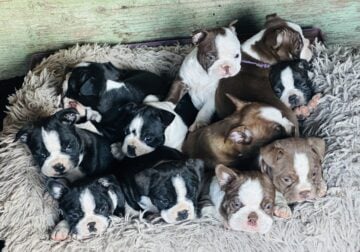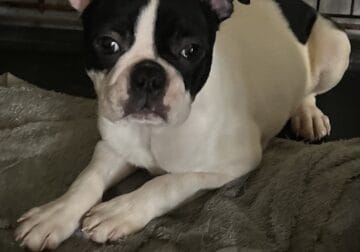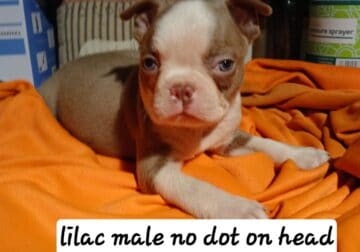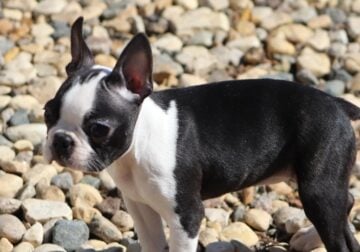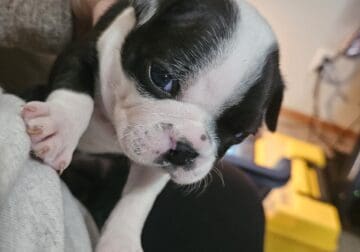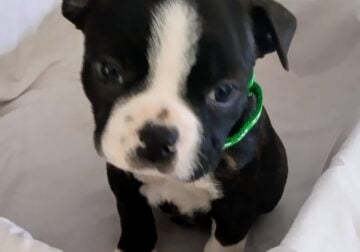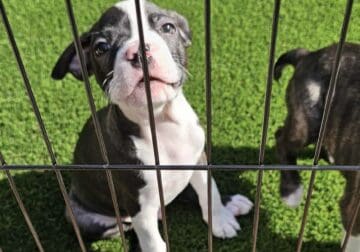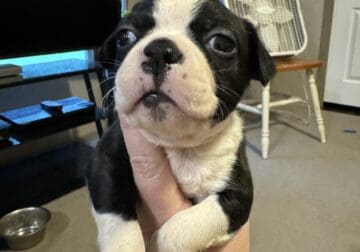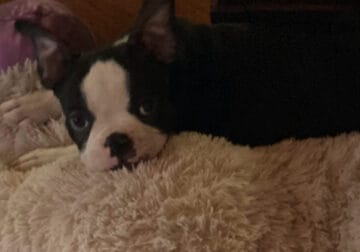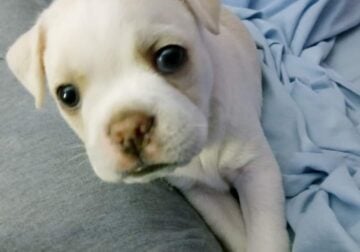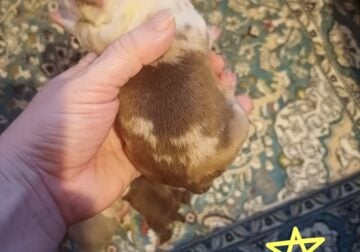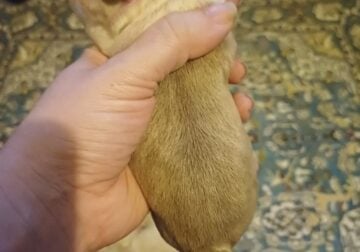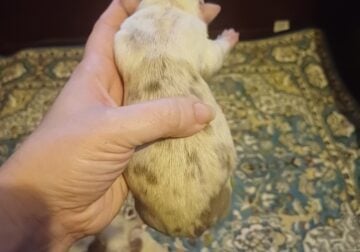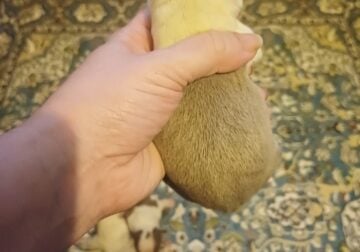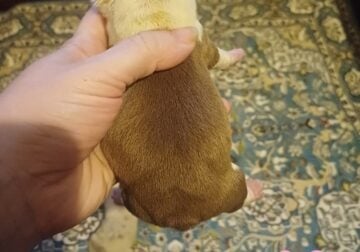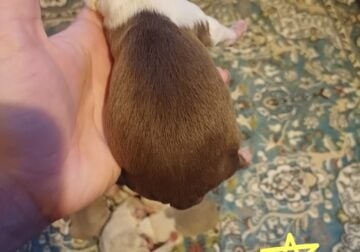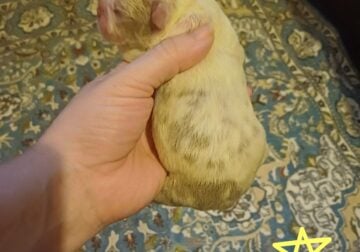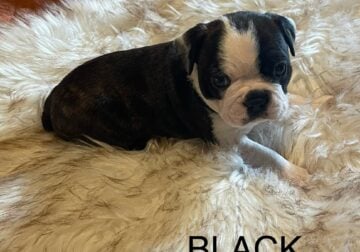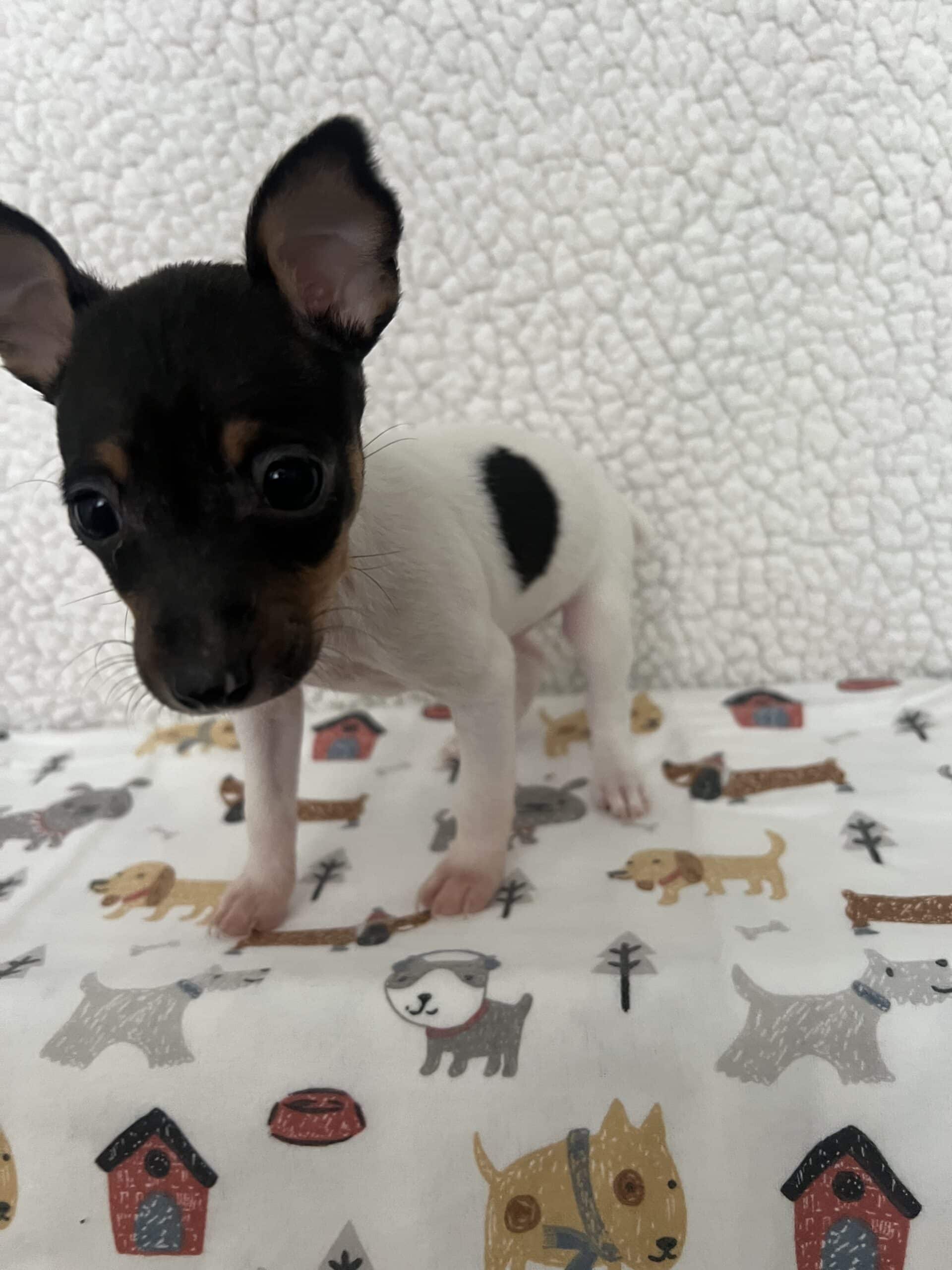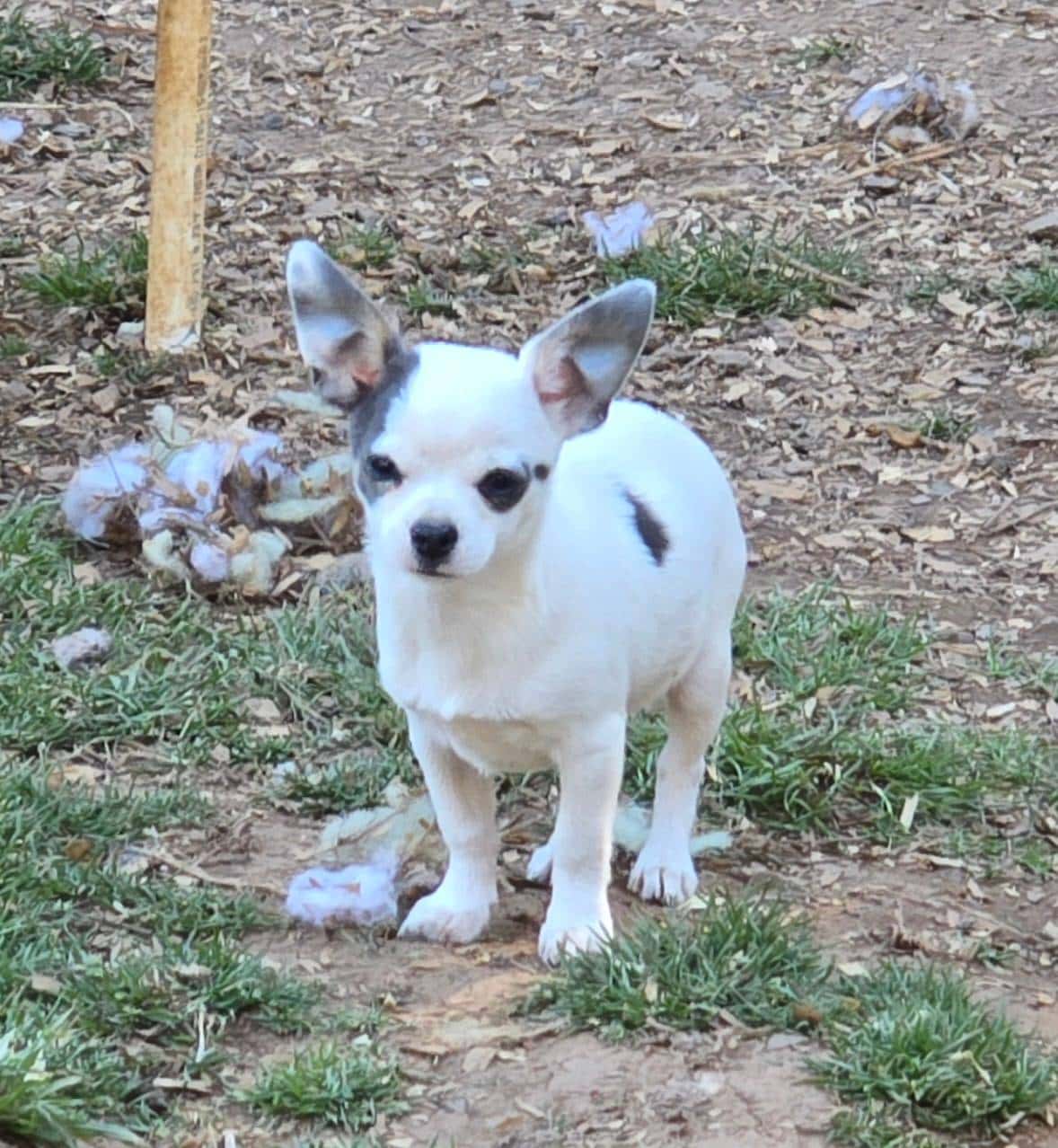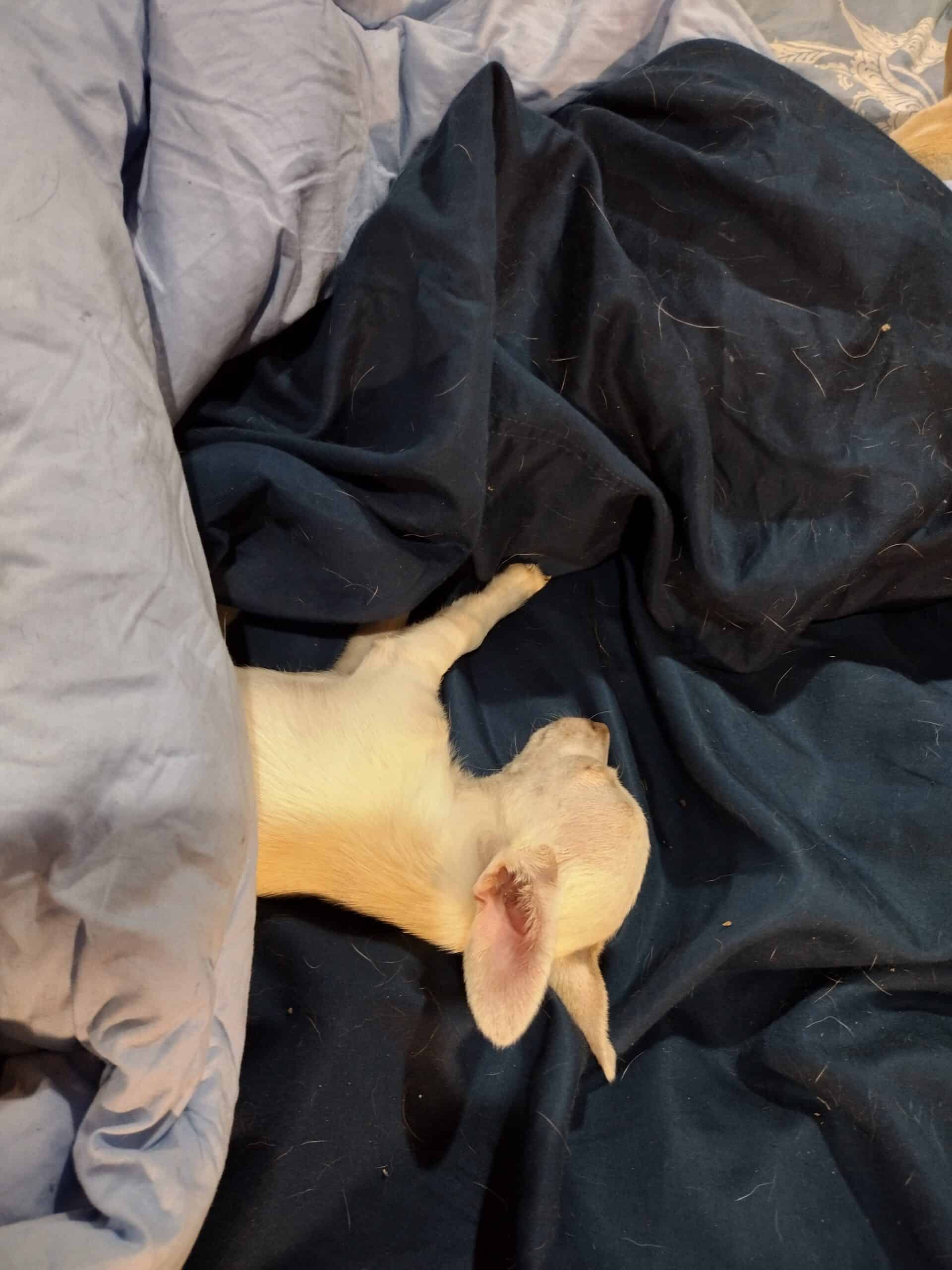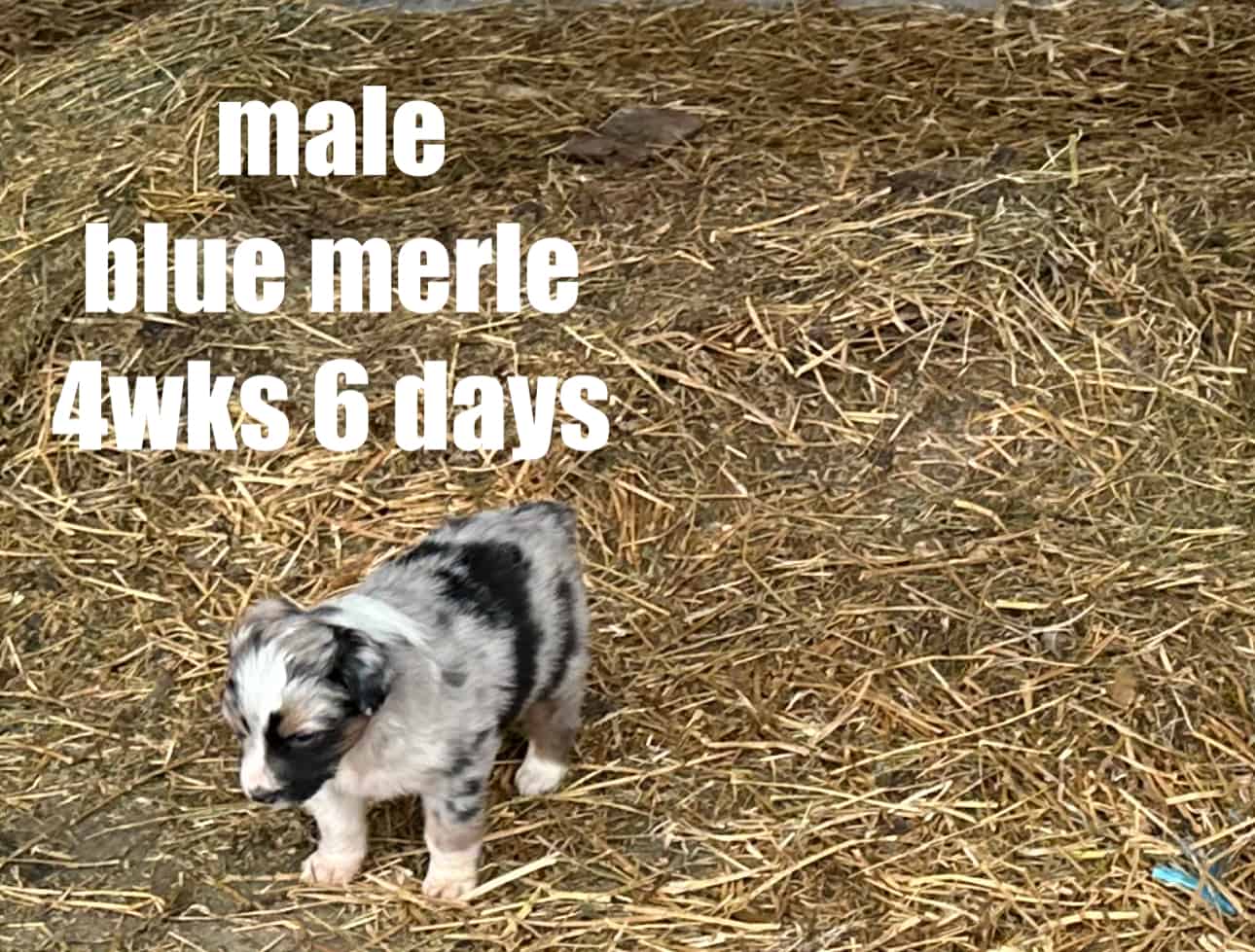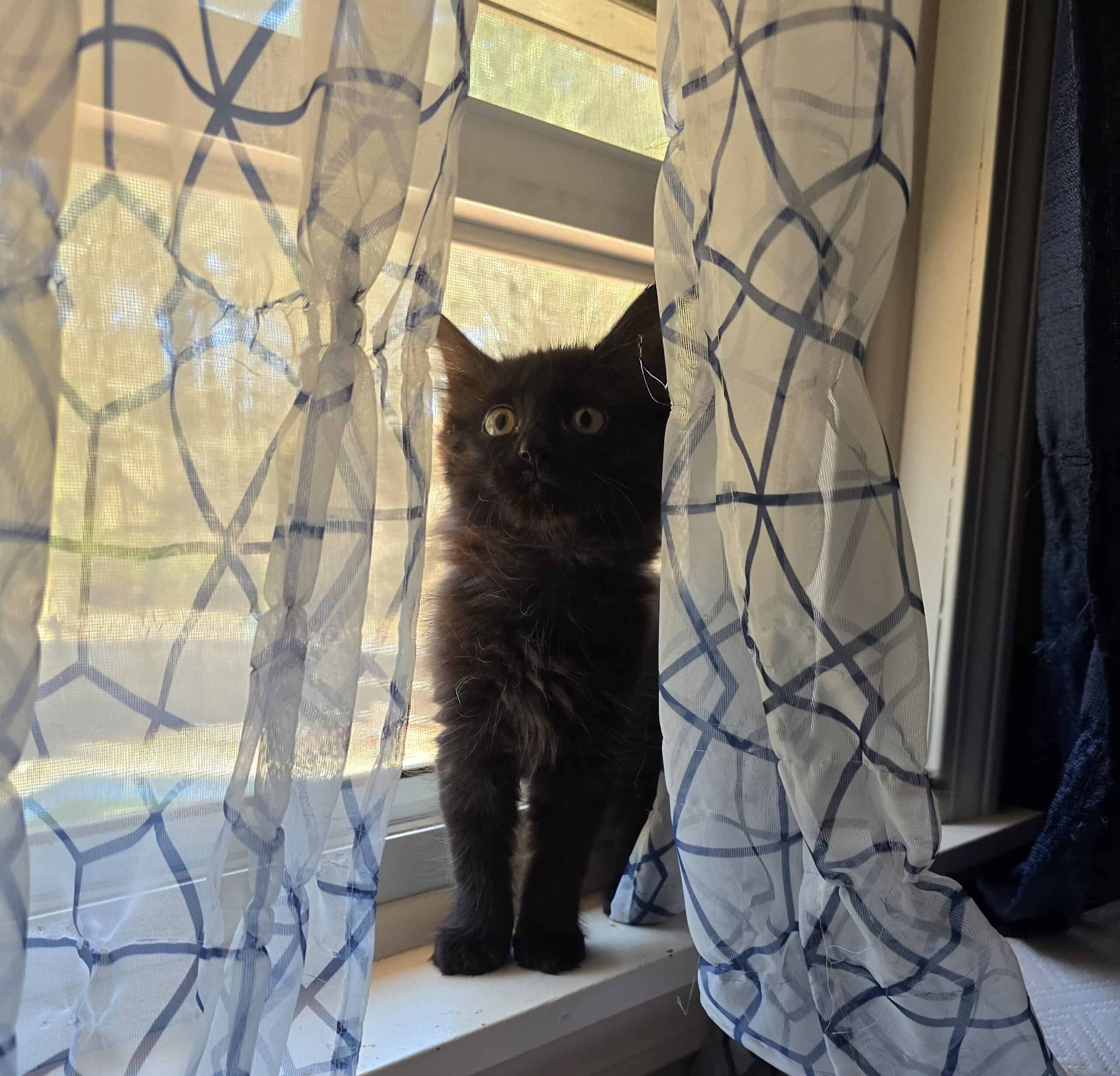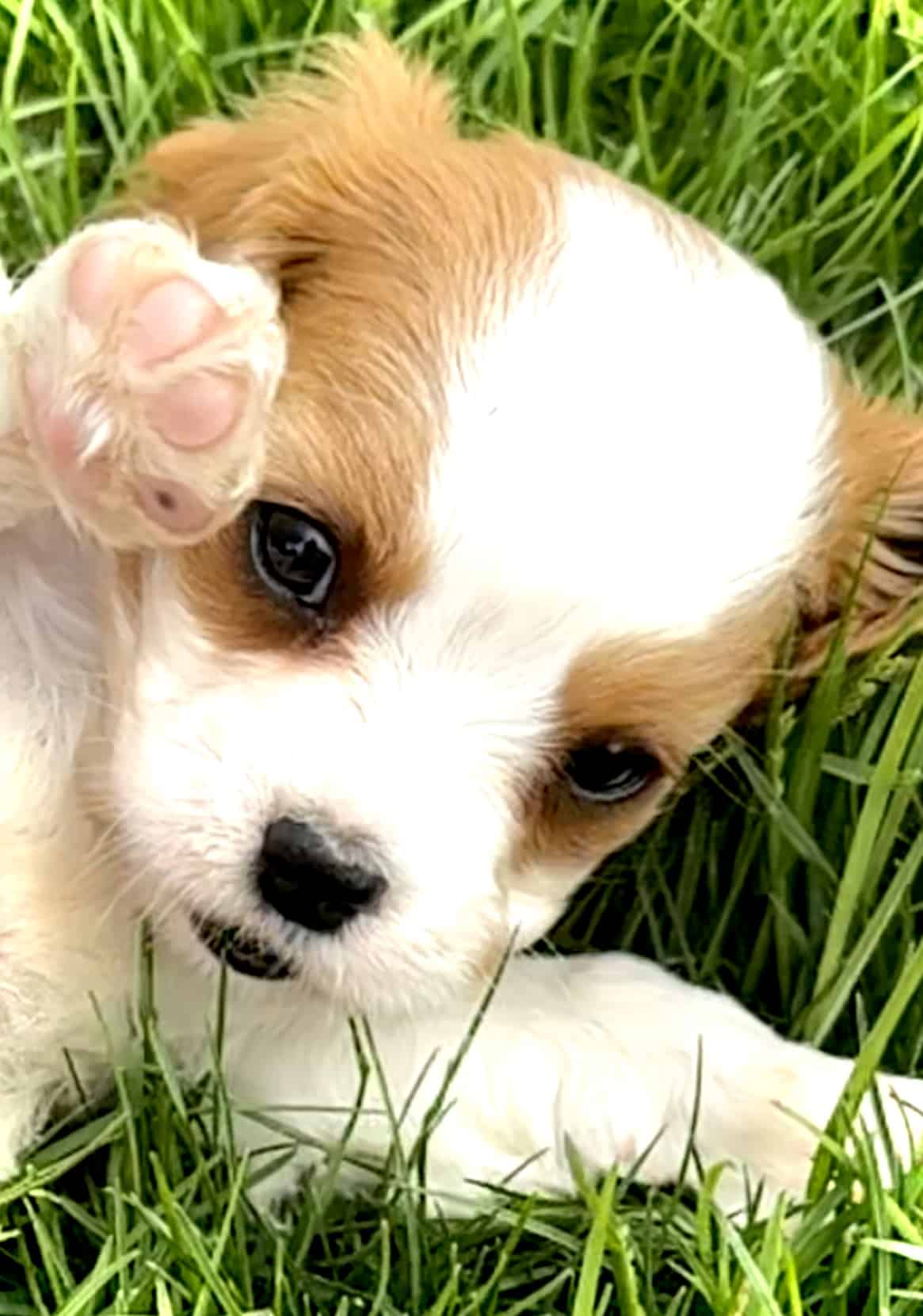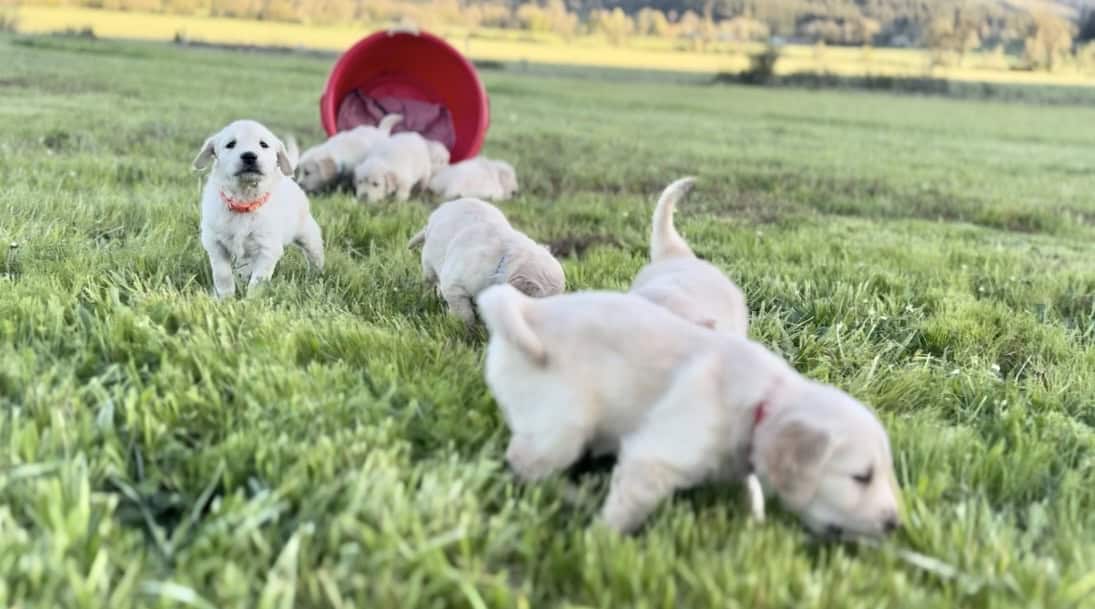Popular Filters:
Boston Terrier Puppies for sale under $200
Boston Terrier Puppies for sale under $500
Boston Terrier Puppies for sale under $1000
Boston Terrier for Sale $500
Boston Terrier for Sale: A Gentleman Wears a Tuxedo
Appealing in mannerisms and appearance, the Boston Terrier has found fans among people of all classes and stations in life. An American dog through and through, the popularity of the Boston has remained steady since its origins. If you are looking for a dog with a characteristic look and enough spunk for an active family, you might start researching Boston Terrier puppies for sale.
Overview of Boston Terriers for Sale
Boston Terriers are well-balanced in both physical stature and temperament. Originally bred to be a small low-shedding watchdog and stable dog for the elite, the Boston Terrier came from White Terrier and Bulldog stock. Founded in Boston around 1875, the result was a gentle and docile dog with no aptitude for dogfighting, an additional theorized purpose. The Boston Terrier became a coveted and soon popular companion dog. Her athleticism has made her excel in many dog sports such as agility and pulling contests.
Physical Attributes
The Boston Terrier is a small-breed dog that weighs between 10 and 25 pounds and stands 14 to 16 inches tall at the shoulders. A Boston Terrier’s head is square-shaped and flat on top. The eyes are large, round, and dark. Boston Terriers are brachycephalic or short-faced dogs with a well-defined stop. They have a strong neck that is as balanced as the rest of the breed’s body with a slight arch. Whereas the head is the most important feature of many breeds, the Boston’s expression carries the most weight in a conformation show. It should be kind, keen, and intelligent. A Boston Terrier resembles a square, the height and body length almost equal. Bostons have a thin single-layer coat that lies flat, giving them a smooth glossy appearance. Their tails are usually less than two inches long or nonexistent (bob) at birth. A Boston’s tail can be straight, crooked, or corkscrew. Rarely, a Boston Terrier will be born with a long tail past the hocks.
Colors
Boston Terriers can be more colors than the classic black and white tuxedo pattern.
- Brindle and white
- Seal brindle and white – Seal is almost black but has red undertones; You can see a reddish cast in the light and faint black stripes
- Brindle, black, and white
Boston Terriers must have white markings. The most common and ideal places for white to appear are on the chest, muzzle, legs, and down the center of the face. Other colors exist that are not part of the AKC roster of standards. Solid black, seal, or brindle dogs occur but are not show candidates. A few merle Boston Terriers exist, but they are not purebred. Merle is a genetic impossibility in many of the breeds where it exists, including the Boston Terrier. Other colors you may see in Boston Terrier puppies for sale are lilac (dilution of brown; double dilution), red, chocolate, and champagne (palest red). Although they have the standard white markings, these dogs still may not be purebred. Rare colors as seen in the red Boston Terrier were eliminated from the breed over 100 years ago.
Temperament
If you become attracted to an ad that promises, “Boston Terrier puppies for sale near me,” you probably will run across the term “American Gentleman.” Boston Terriers are gentle, loving, lively, and smart. They make excellent companions for children because of their size, temperament, and playful natures. They are sturdy enough not to be susceptible to injury. However, Boston Terriers do not pose the same risks as larger dogs with their lively and enthusiastic personalities.
Other Dogs and Strangers
Your Boston Terrier is also likely to get along with other dogs. Bostons are outgoing and friendly. However, they can suffer from small dog syndrome and bark a challenge at larger canids. Some males are territorial and more dog aggressive than you might expect. Socialization is important because some behaviors can get Bostons in trouble with big dogs. Finally, Boston Terriers are extroverts that are quite friendly with strangers. However, they will bark a warning when visitors or intruders come to the door, making them excellent watchdogs.
Lifespan
Boston Terriers live 12 to 15 years
Boston Terrier vs French Bulldog
Having similar Bull and Terrier and bulldog-type ancestors, the Boston Terrier and French Bulldog are quite similar. Moreover, they both belong to the AKC’s nonsporting group. Then, the dissimilarities become more apparent. Boston Terriers, developed in the US, are taller and leaner with a slightly longer snout than the French Bulldog. Frenchies are only about a foot tall and heavier at 20 to 28 pounds. The little Bulldogs also come in more colors with a wider range of white distribution possible. Bostons typically have a blaze or wider white strip down the center of the face while Frenchies are more likely to have a full black mask, a solid-colored face, or a half to fully white head.
Intangible Characteristics Boston Terrier vs French Bulldog
French Bulldogs rank as the No. 2 most popular dog in the US compared to the Boston Terrier at No. 23. However, this was not always the case. The Boston usurped the Frenchie in 1905, dethroning it from the No.1 position it had held in 1903. Boston Terriers kept their rank until 1940 while the French Bulldog fell as low as the 80s. The Frenchie would not resume its position in the top ten again until 2013. In temperament, the Boston Terrier is more people-oriented and more amenable to training. While Frenchies are quite companionable, Bostons like to stay physically connected and seem more willing to please. Finally, Bostons are more active, more athletic, and tend to live longer than their bulldog counterparts. The Boston Terrier x French Bulldog mix is becoming a popular designer dog with the original goal to tone down some of the exaggerated characteristics of Frenchies. The plan’s success at creating a healthier dog is debatable.
Grooming
Since Boston terriers have a single-layer, short coat, they require minimal grooming. Brushing once a week will remove loose hairs and dander and keep the coat and skin healthy. Your dog should not require bathing more than once a month or less. Like other dogs, trim the nails every month and check the ears regularly. Because of the shortened mouth, you should implement teeth brushing at least weekly.
Feeding
A high-quality diet for your Boston terrier should include meat and fats as major ingredients. The rest, such as types of carbohydrates, is open for ongoing debates and is a personal decision that may involve your veterinarian. Some dogs cannot tolerate grains, so many commercial diets have turned to sweet potatoes, potatoes, and peas. Others use a whole-prey approach. Regardless, Boston Terriers require 28 to 33 calories per pound of body weight or one and a half to two and a half cups of dry kibble. Puppies will need two or three times that while growing. Pups also must eat more meals a day than an adult. Feed a puppy three or four times daily and an adult twice.
Exercise
When considering Boston Terrier puppies for sale, one of your concerns is bound to be how much exercise they will require as adults. You should plan on five minutes per month of age of exercise for your new pup and 45 to 70 minutes for your grown dog. Despite a Boston’s relatively high activity, you must be mindful of hot or humid conditions. Boston Terriers, with their shortened snouts, are sensitive to heat exhaustion and heatstroke. Your dog’s exercises should be a mix of physical exertion and mentally stimulating games, interactive activities like fetch, and training.
Training
Boston Terriers are moderately easier to train than French Bulldogs, but they still have a stubborn streak. While a Boston Terrier’s working obedience is 100 out of 138 breeds, his ability to communicate with his owners is uncanny. He is also quite adaptable. What this means for your training is you will have a subject that is willing to please but still has ideas of his own. Learning new commands will require your patience and perseverance. Since you are likely to be the focal point of your Boston’s attention, you must be careful not to be harsh or abusive in your methods. Boston Terriers are sensitive, and you can easily set back any training with a persistently sharp tone.
